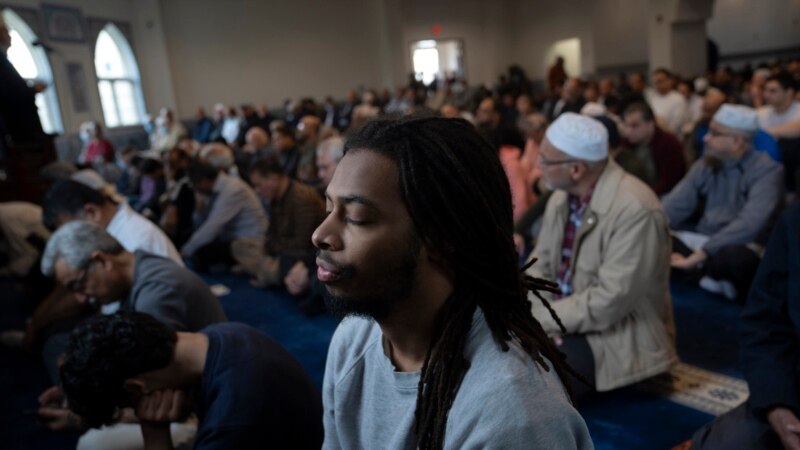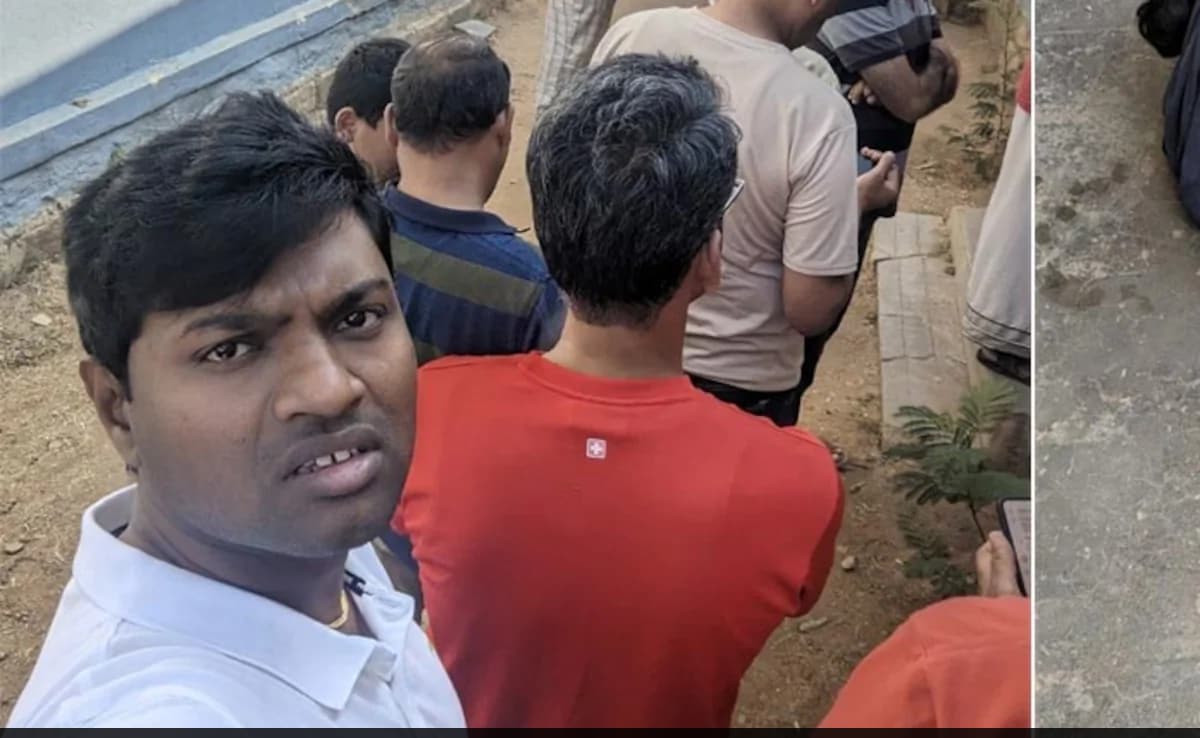
As Muslims across the United States fast and pray this Ramadan, many are donating generously to charities that provide help in Gaza and other remote areas in need. But the bulk of their charitable giving remains within the United States, helping to fight poverty and improve health care, among other things.
“One of the misconceptions people have about American Muslims is that they send all their money overseas,” said Sharik Siddiqui, director of the Muslim Philanthropy Initiative at Indiana University.
In fact, Siddiqui said, 85% of the approximately $4.3 billion donated annually by American Muslims remains in the United States. In addition, 50% of this went to Muslim-led organizations and about 40% supported non-Muslim groups.
“I think what people are surprised about is that American Muslims are like most Americans: they are inspired and contribute for many of the same reasons as people of other faiths in the United States,” Siddiqui said in an interview.
generous
There are approximately 3.5 million Muslims in the United States, accounting for approximately 1.1% of the total population. Siddiqui’s research found that American Muslims tend to donate more per capita to faith-based and non-faith-based causes than non-Muslims. They support a variety of causes, from local food banks and homeless shelters to hospitals and universities.
“Muslims have so many different ways of giving back,” said Muhi Khwaja, co-founder of the American Muslim Community Foundation.
Muslim generosity reaches its peak during Ramadan. This is because fasting and almsgiving during Ramadan are two of the five pillars of Islam and are inextricably linked. Although there is no designated time for almsgiving, Muslims firmly believe that Ramadan has special religious significance and that God will multiply the rewards of almsgiving during this month.
Therefore, as in other parts of the world, devout Muslims in the United States tend to fulfill their obligation to give alms, known as zakat, during Ramadan.
According to the Muslim Philanthropy Initiative, American Muslims give about $1.8 billion in zakat each year, with most given or pledged during Ramadan.
“Our research shows how important Muslims believe Ramadan is for their devotion, especially almsgiving,” Siddiqui said.
Several Muslim charities contacted by VOA confirmed that they raise at least half of their annual revenue during Ramadan.
This year’s Ramadan began on March 11, and Muslim Americans responded to emergency calls for aid to Gaza with unusual generosity.
Islamic Relief USA, a major Muslim charity in the United States, says it has provided more than 1 million ready-to-eat meals. American Muslim Aid has donated more than $1 million so far, according to CEO Azhar Azeez.
“I know every mosque [mosque]every school is working hard to raise funds, and are raising funds, and they are donating to reputable charities such as American Muslim Aid, Islamic Relief, etc. [aid groups in Gaza] They are working on the ground,” Aziz said in an interview.
The global response to the conflict in Gaza initially sparked concerns among local nonprofits that it would cut their funding. But Zahid Hussain, director of hunger prevention for the Islamic Circle of North America (ICNA), said local charities have weathered the storm with support from donors more concerned with domestic issues.
“People are very generous and understand the dire need here,” Hussein said.
urgent matter
The Muslim Philanthropy Initiative’s study of American Muslim philanthropy yielded some surprising findings. One is that supporting civil rights issues is not a top priority for American Muslims, despite concerns about growing Islamophobia.
Instead, Siddiqui said, Muslims’ first priority is to alleviate international and domestic poverty.
Leading this effort in the United States is ICNA, one of the country’s oldest Muslim charities.
While its international sister organization Helping Hands America has been providing aid to Gaza, ICNA American Relief has been dedicated to domestic causes.
ICNA operates in 42 states, providing free meals and free medical care to low-income families and providing resettlement services to newly arrived refugees.
Hussain said the organization distributes free food packets to families across the country irrespective of “caste, creed, color and religion”.
Last year, the organization delivered food to nearly 700,000 people across the county. Abdul Rauf Khan, the group’s chief operating officer, said the goal this year is to serve 800,000 to 900,000 people.
He said, “100 percent of every dollar raised is spent here. We want to make an impact in America because this is where we live.”
Hussein said donations from American Muslims to local charities reflect changing attitudes over the years. He said that when he first immigrated to the United States from India, he thought “no one in America was poor, so I gave back to India.”
But he said that after volunteering for ICNA, he discovered that people in the country were also “facing hardship and hunger.”
This awareness, he said, has prompted many American Muslims to increasingly support local community initiatives.
“Of course we have to help others, but first of all we should focus on this country,” Hussein said. “We will be buried here instead of going back to our own country. This is our country.”
ICNA is not the only major Muslim charity supporting domestic causes. International Muslim American charities like Islamic Relief USA and Muslim Aid USA devote a small portion of their revenue to domestic projects, from fighting hunger and homelessness to implementing winterization programs.
Aziz of American Muslim Aid, who is also a board member of the Islamic Society of North America, said young American Muslim professionals are particularly inclined to donate to domestic causes.
“We firmly believe that our Islamic duty is to help our brothers and sisters in this great country where we enjoy so much mercy and favor from Almighty Allah,” Aziz said. “There is poverty, there is need, there is hunger, we want to Taking care of the needs of our own neighbors, our brothers and sisters in our own backyard.”
Follow us on Google news ,Twitter , and Join Whatsapp Group of thelocalreport.in
















